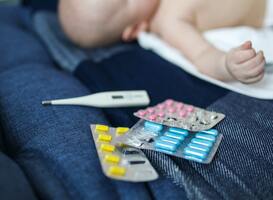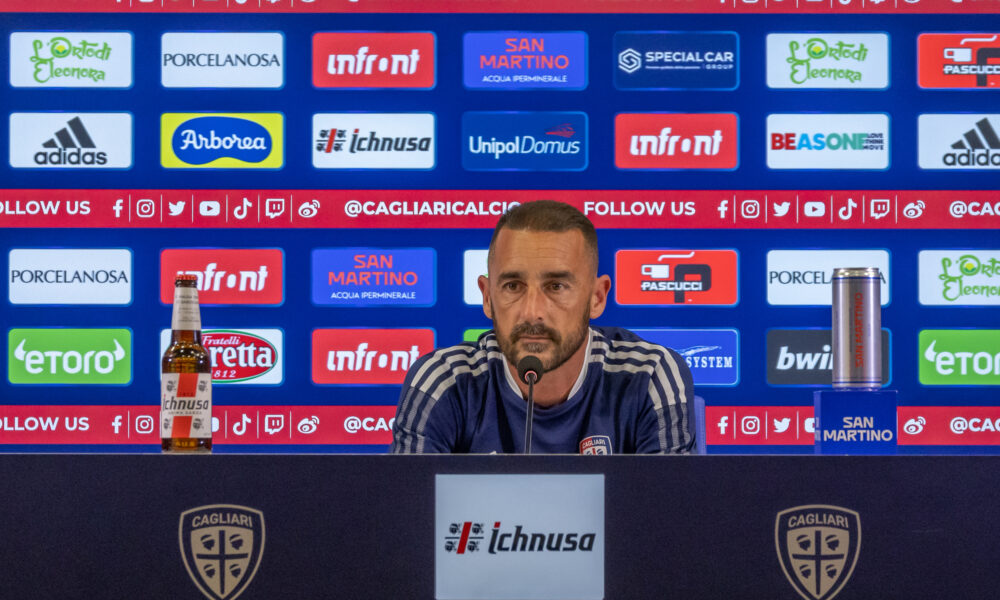The life-threatening streptococcal bacteria has already claimed the lives of seven young children in the Netherlands this year. At least 70 others ended up in hospital with serious infections such as meningitis, blood poisoning, pneumonia or bone or joint inflammation. Eleven children had necrotizing fasciitis, which causes skin and muscle death. Streptococcus is therefore known as the flesh-eating bacteria. This is reported by Algemeen Dagblad.
–
Chickenpox is catching up after corona and is currently also causing more complications, such as streptococcal infections. Pediatrician Michiel van der Flier urges parents not to panic immediately, but to be alert to the symptoms. This is especially important after the chickenpox, because the ruptured blisters give the streptococcal bacteria a greater chance of success. Children who develop a fever again after their chickenpox infection, or develop a red spot on the skin that expands, should see a doctor. Only paracetamol is a suitable pain reliever in streptococci, because ibuprofen and diclofenac increase the risks of a more serious course.
Rapidly changing disease picture
About three times as many children as normal have been infected with Group A streptococci (also known as GAS bacteria) this spring. Pediatricians and general practitioners are extra alert to this thanks to a letter from RIVM, the Dutch Association of General Practitioners (NHG) and the Dutch Association for Pediatrics (NVK). An infection can seem very mild one day and very severe the next. “It is important to start antibiotics as soon as possible,” says Van der Flier.
By: National Care Guide / Johanne Levinsky
–


